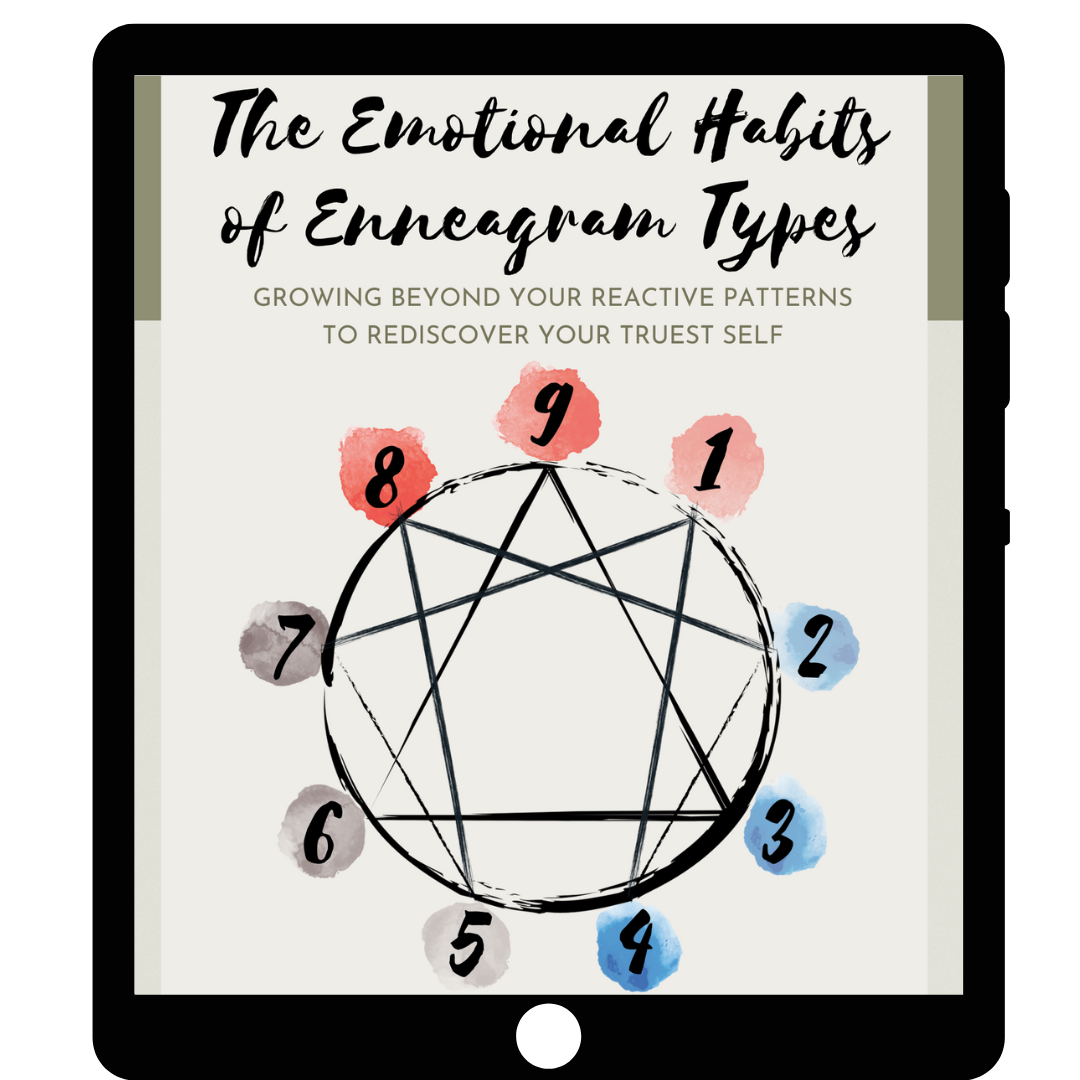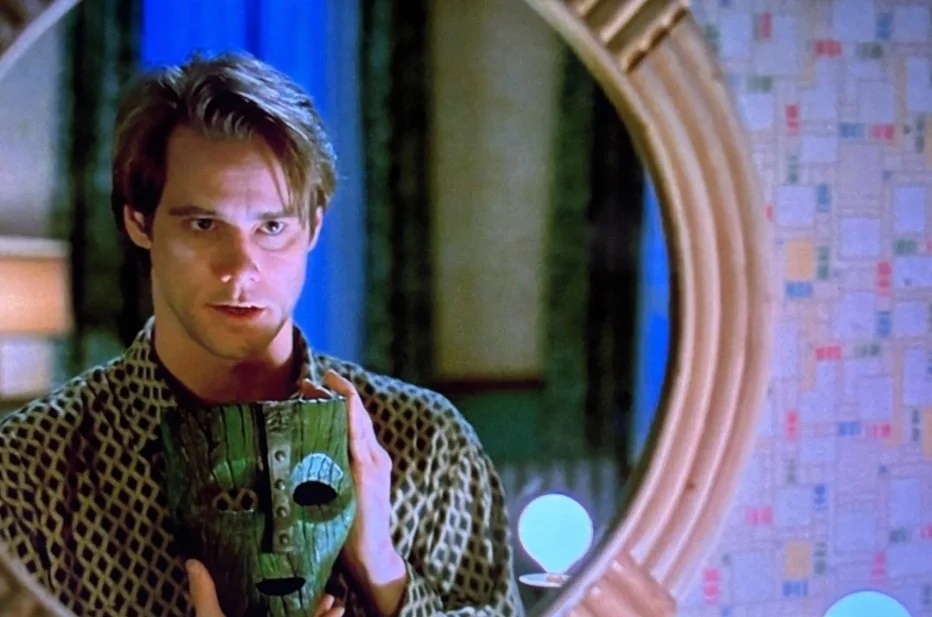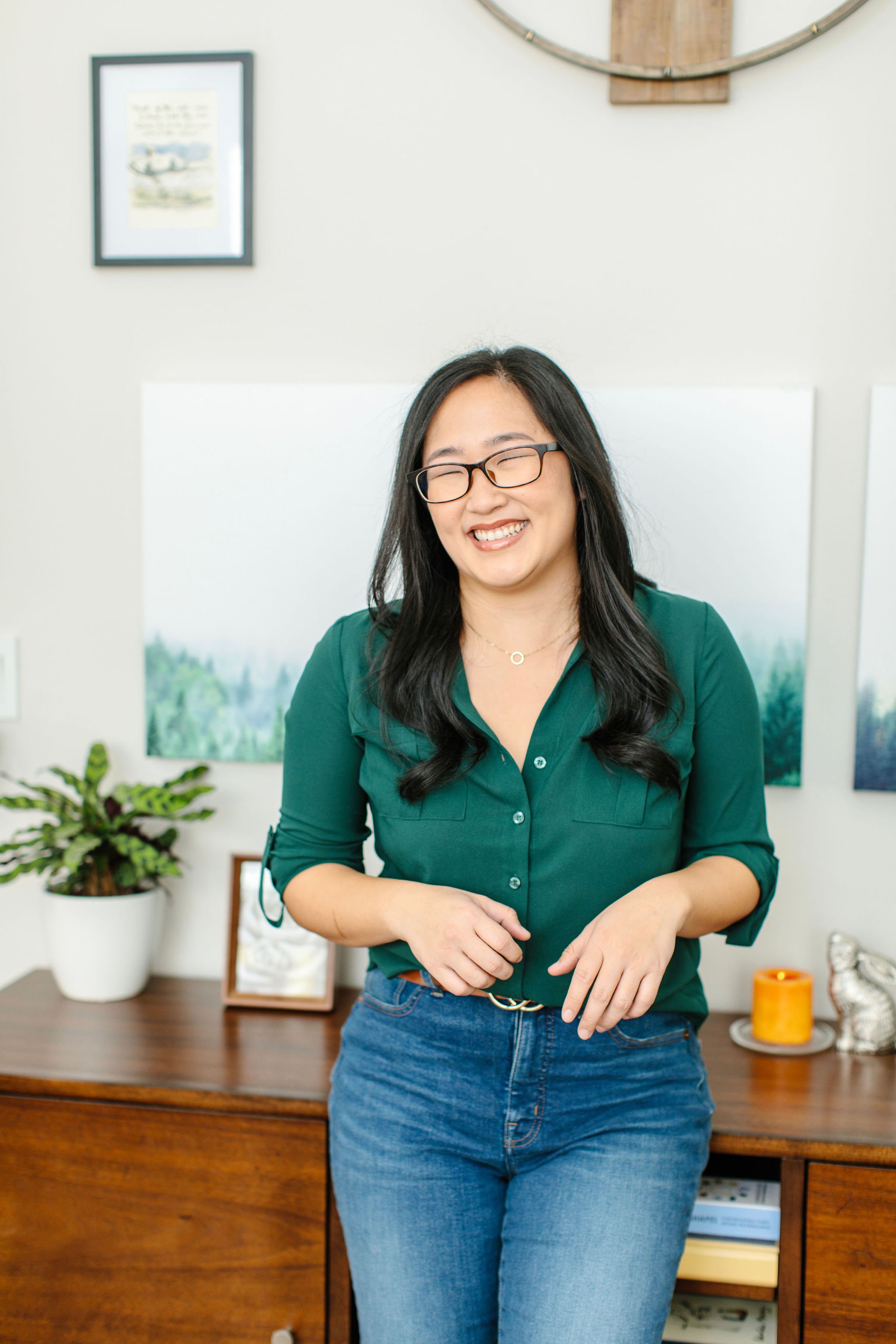What is Self-Referencing?
Self-referencing means using your own perceptions and experiences as the main - sometimes even final - reference point with which you process through things or make decisions. Other reference points (like other people's experiences or perspectives) often don't even occur - an afterthought if it occurs to them at all.
The Enneagram types most likely to do this are Types 4, 5, 7.
Enneagram 4s often get into such chaotic, push-pull dynamics is because they're basically living out a relationship with their IDEA/fantasy of someone instead of the actual person.
Enneagram 5s often take on a passive observer, gathering information of the outside world from their ivory tower within their fortress for them to then process (and come to conclusions) on their own without others' actual input.
Enneagram 7s are often focusing on pursuing pleasure/avoiding pain, and in doing so, they are often less likely to give much weight to other people's experiences.
Self-referencing ≠ selfish.
It's just that those who are self-referencing are more likely to go through life thinking that they're the main character and that everyone else is a NPC (non-playing character) or a faceless, storyless extra.
Someone can be incredibly caring of others, while still seeing life through (mostly) their own lens (ex: Self-pres 4s or Social 7s).
GROWTH TIP for Self-Referencing types:
Practice OTHERS-referencing by asking other people questions (and NOT answering for them!). Practice living as if what others are saying are true and see what happens.
What is Others-Referencing?
Others-referencing means using other people's perceptions and experiences as the main (sometimes final) reference point. Enneagram 2s, 3s, and 9s are generally others-referencing that they often have a difficult time knowing their own perspectives, opinions, wants, and needs.
Others-referencing ≠ generous.
Thinking about other people's feelings and needs does not automatically mean that someone is considering their well-being over one's own. There are instances where someone can be thinking about others as a way to fill one's own needs (Type 2s & 3s are more likely to do this by shapeshifting.)
Type 9s would think about others as a way of not thinking about themselves - this seems selfless, but more in the ego-driven sense and not the actual selfless sense. Nines need to actually reconnect with SELF.
GROWTH TIP for Others-Referencing types:
Practice SELF-referencing by NOT asking other people questions about what they think but making decisions for yourself. Notice the outcomes and your reactions.
What did you learn from that experience about yourself - your wants, needs, opinions, and values?
What about Types 1s, 6s, and 8s?
Types 1, 6, and 8 are a mix of both self-referencing and others-referencing. It depends more on their dominant instincts (see below).
How does Enneagram subtype play into self- or others-referencing?
A person's subtype (Enneagram type + dominant instinct) is likely to impact how strong someone is self- or others-referencing.
Self-preservation dominant folks are more likely to be self-referencing than other instincts of that type.
Social dominant folks are more likely to consider group dynamics, agendas, and perspectives.
Sexual dominant folks are more likely to give weight to their significant people's experiences and preferences (e.g., parents, partners, children, best friends, etc.)
Of course, we have all three instincts, so this is not a prescriptive rule, just an observation.
Part of using the Enneagram for personal growth means dialing back the dominant instinct and practicing more of the repressed instinct so that we would be more rounded out and holistic in how we see life, ourselves, and others.
Why is this important?
A car with only gas OR brake pedal is no good - it needs BOTH pedals to function to its full potential.
The goal is to have ready access to BOTH self- AND others-referencing, instead of being stuck on just one OR the other.
Wherever your Enneagram autopilot leans, take some steps this week to balance yourself out!
What are your Enneagram type's emotional habits?
Grab this free guide that shows you how to grow beyond the patterns that keep you stuck!
Don't know your Enneagram type?
Find yours here!
© Copyright 2023 Joanne B. Kim. All rights reserved.
JOANNE B. KIM, LMFT
Joanne is a Licensed Marriage & Family Therapist and Certified Brainspotting Practitioner in San Jose, CA. She helps people EXHAUSTED by anxiety, shame, and an allergic reaction to anger create VIBRANT relationships where they matter, too.
Many of her clients are:
(1) the highly responsible, conscientious, and empathic types
(2) Enneagram Type Ones, Twos, Fours, or Nines
(3) Highly Sensitive Persons (HSPs)
The most common words spoken by those who’ve sat with Joanne:
“I thought it was just me. I’m NOT crazy!”
“I can finally figure out what to do with all these feelings!”









































In a conversation with Catherine Quiring of the Coming Home to Ourselves Substack, we explore the Enneagram through the lens of the show Ted Lasso, going into the importance of emotional intelligence, the role of instincts & subtypes in the Enneagram, and how these concepts can help individuals navigate their personal growth and relationships.